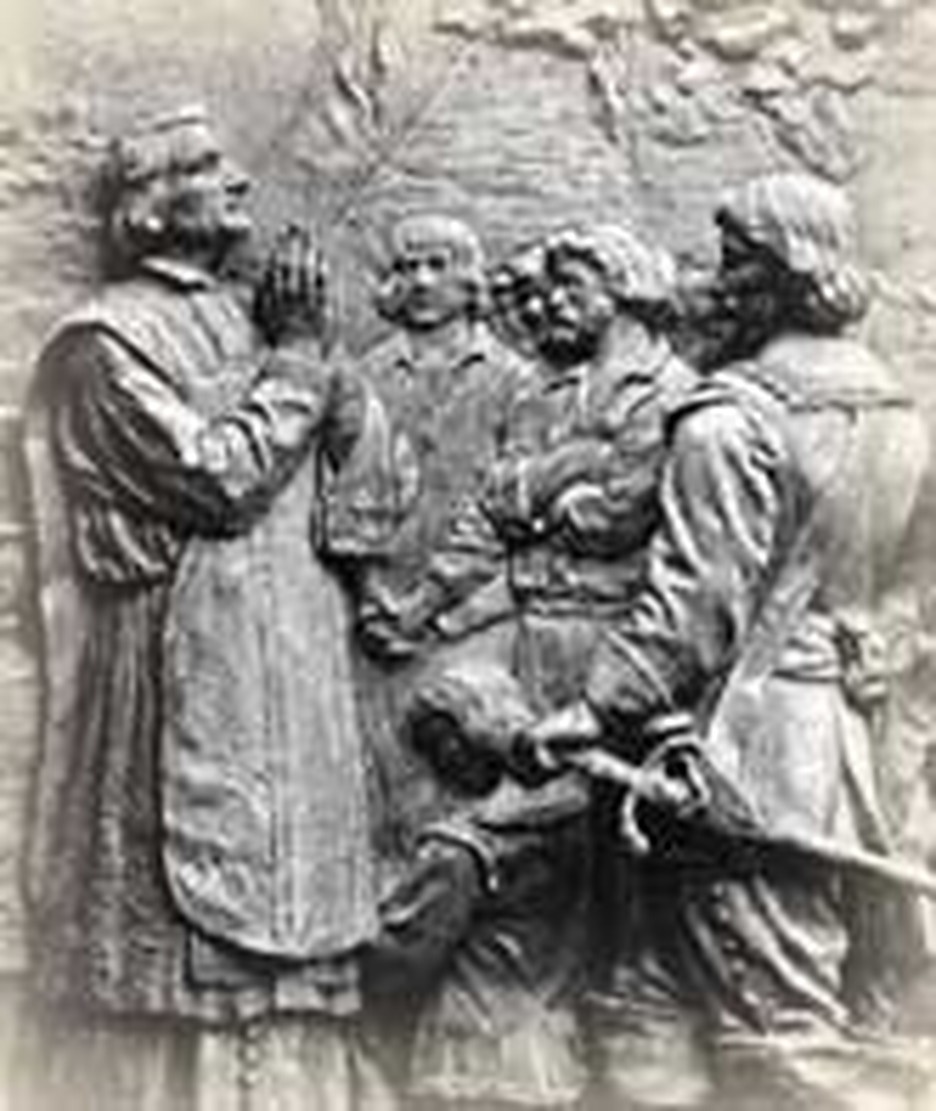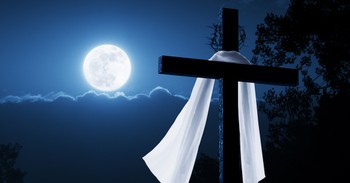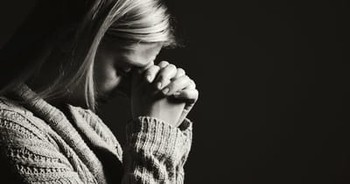
When Christopher Columbus defied the commonsense of the day and sailed west instead of east to find India, he gave as one reason for doing so to take the gospel to the heathen. Clergymen accompanied him in his voyages. The Christian faith did indeed come to the new world and, as a consequence, numerous churches and cathedrals grace the cities of the Americas.
The first of these many churches was erected at Isabela on the Island of Haiti in 1494. It was just a temporary structure, to be sure. Like Raleigh at Jamestown, Columbus picked about as poor a site as possible for his first "permanent" settlement in the New World. The harbor was exposed to northern winds. Fresh water was a mile off. Bigger boats had to anchor half a mile off shore. But Columbus was impatient to begin his hunt for gold.
The feast of Epiphany* that fell on this day, January 6, 1494, was highly significant. On it Columbus and all his men disembarked and entered the temporary church that they had built. There they heard Fray Buil offer mass--the first mass ever heard on land in the New World, precursor of countless millions more.
Although the Spaniards "converted" many Indians in those early years, one wonders how effectual the conversions were. The brutality of Columbus's companions and his ineptitude as an administrator guaranteed that hundreds of thousands of Indians perished under the hand of the invaders without knowing more of Christianity than the greed and cruelty that wasted them.
* Epiphany is a feast having to do with the infancy and baptism of Christ. By the fourth century the eastern church observed it as one of the three principal feasts of the church year (the other two were Easter and Pentecost; Christmas didn't become popular until later). In the western church, which did not get Epiphany until the fourth century, the feast took on a completely different character. There it was associated with the coming of the magi (wise men) bringing gifts to baby Jesus, and scant mention was made of Christ's baptism. The eastern church still links Epiphany with the baptism of Christ.
Bibliography:
- Christopher Columbus. Christian History Magazine. Issue # 35.
- "Epiphany." The Oxford Dictionary of the Christian Church, Edited by F. L. Cross and E. A. Livingstone. Oxford, 1997.
- Morison, Samuel Eliot. Admiral of the Ocean Sea; a Life of Christopher Columbus. Boston: Little Brown, 1942.
- Parkman, Francis. Jesuits in North America. 1897. Source of the image.
- Various encyclopedia and internet articles.
Last updated May, 2007.


